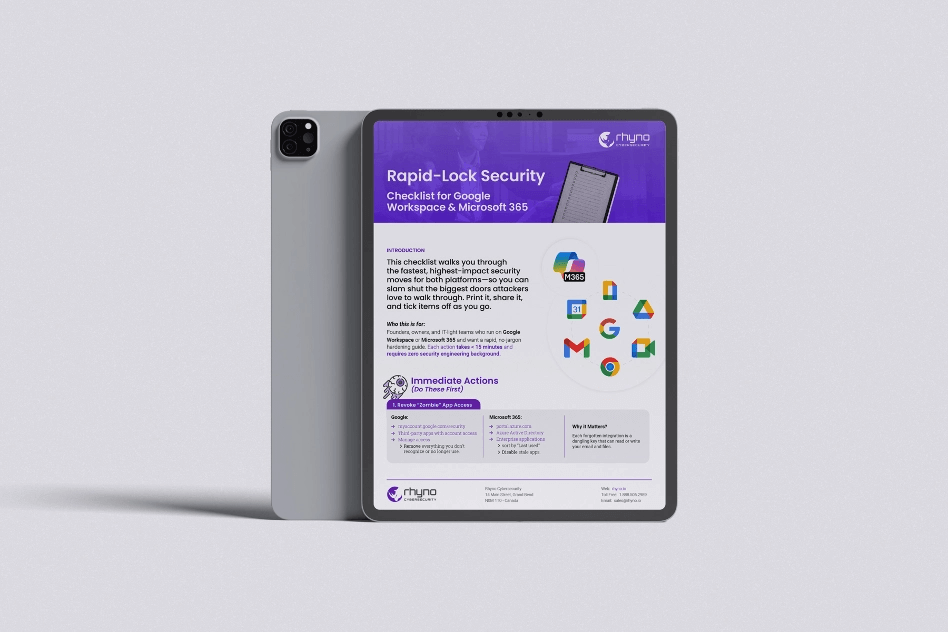CISA Extends Funding for CVE Program
Last-Minute Deal Saves CVE Database from Shutdown
The cybersecurity world can breathe a sigh of relief—for now. The U.S. government has stepped in at the last moment to keep a vital cybersecurity program running. The Common Vulnerabilities and Exposures system, used worldwide to track security flaws, was at risk when funding was set to expire. But just hours before the deadline, the Cybersecurity and Infrastructure Security Agency (CISA) renewed its contract with MITRE, the nonprofit that manages the program.
You might be interested in: New Security Risk Found in NVIDIA Container Toolkit Patch
This move ensures that the CVE database—a key tool for companies, governments, and security experts—will keep working without interruption.
Why the CVE Program Matters
For over 20 years, the CVE system has been the backbone of cybersecurity. It gives every known security flaw a unique ID, making it easier for experts to share information and fix problems. Without it, companies and agencies would struggle to track threats, leaving them open to cyberattacks.
When MITRE warned that funding could run out, alarm spread across the industry. Jen Easterly, former head of CISA, compared losing thsi program to “ripping the index out of every library”—defenders would be left scrambling while hackers took advantage.
What Happened?
- Funding Almost Ran Out – MITRE’s contract was set to expire on April 16, 2025, putting the program in danger.
- CISA Stepped In – Just before the deadline, the agency extended the contract for 11 more months, keeping the system alive.
- Long-Term Concerns Remain – While this fixes the immediate problem, experts say a permanent solution is needed.
What’s Next for CVE?
Even with the temporary fix, the cybersecurity community is pushing for changes. A new group, the CVE Foundation, is being formed to make sure the program stays independent and reliable. Meanwhile, companies like VulnCheck are offering backup support, including pre-assigned CVE IDs, in case of future disruptions.
Kent Landfield, a leader in the CVE Foundation, put it simply: “The CVE system is too important to fail.”
For now, the crisis is over—but the work to secure the future of cybersecurity’s most critical tool is just beginning.



